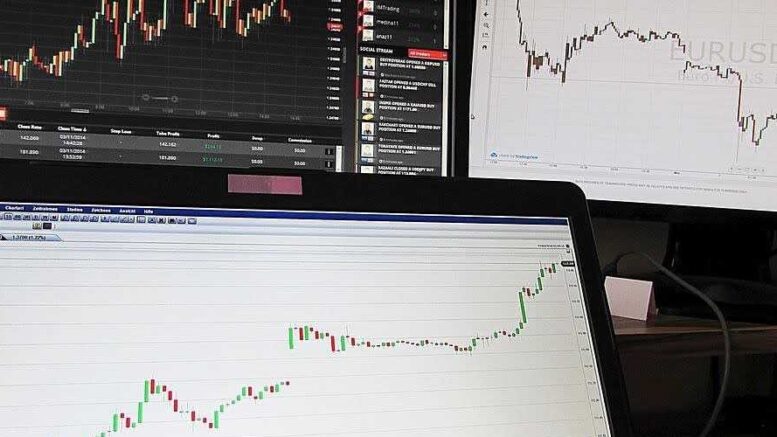Emerging markets have become synonymous with both opportunity and volatility. As the world economy becomes increasingly interconnected, these markets are playing a pivotal role in shaping the future of investment, offering unique opportunities for growth that are not found in more mature economies. This shift towards emerging markets is driven by their rapid economic development, demographic changes, and technological advancements. As investors look to diversify their portfolios and seek higher returns, understanding the influence of these markets on global finance is crucial. Among the myriad investment avenues, forex trading in currencies from emerging markets presents a compelling case study of both the potential rewards and risks involved.
Emerging markets, defined by their transitioning economies towards more industrialized and diversified landscapes, are characterized by their high growth potential. Countries such as Brazil, Russia, India, China, and South Africa (BRICS) are often cited as prime examples, though many others are also gaining prominence. These markets are attracting investors due to their faster growth rates compared to developed nations, driven by increasing consumer populations, urbanization, and an expanding middle class. As these economies grow, they offer lucrative opportunities for investment in a variety of sectors, including technology, infrastructure, consumer goods, and natural resources.
However, investing in emerging markets also comes with its set of challenges. Political instability, regulatory changes, and currency fluctuations can pose significant risks. This is where forex trading becomes a vital tool for investors. By engaging in trading, investors can hedge against currency risk associated with investments in emerging markets. Understanding how to navigate the forex market allows investors to protect their investments from adverse currency movements, which are common in these volatile economies. Moreover, trading can also present opportunities for profit by speculating on the currencies of these nations, although this requires a deep understanding of both the forex market and the economic indicators of the emerging market economies.
The digital revolution has played a transformative role in emerging markets, accelerating their economic development and integration into the global economy. The proliferation of digital technologies has enabled these markets to leapfrog traditional stages of development, particularly in sectors such as fintech, e-commerce, and telecommunications. This rapid technological adoption not only fuels economic growth but also creates new investment opportunities for global investors. As digital platforms facilitate easier access to these markets, investors can more readily take advantage of the growth prospects they offer.
Sustainability and environmental, social, and governance (ESG) considerations are becoming increasingly important in investment decisions, and emerging markets are at the forefront of this shift. Many emerging economies are implementing sustainable practices and policies to attract foreign investment, recognizing that sustainability can drive long-term growth. This alignment with global sustainability goals presents an attractive proposition for investors looking to contribute to positive social and environmental outcomes while also achieving financial returns. As these markets continue to evolve, ESG factors will play a significant role in shaping investment futures, with implications for industries ranging from renewable energy to sustainable agriculture.
For investors, the key to successfully navigating the complexities of emerging markets lies in comprehensive research, diversification, and a long-term perspective. While the allure of high returns is compelling, it is essential to balance this with an understanding of the risks involved. Diversification across different regions and sectors within emerging markets can help mitigate these risks. Additionally, partnering with local experts and leveraging financial tools such as forex trading for currency risk management can enhance investment strategies in these dynamic economies.
As these economies continue to integrate into the global financial system, their influence on investment strategies will only grow. For investors, the ability to adapt to the changing dynamics of these markets, backed by a strategic approach to trading and risk management, will be crucial in harnessing the opportunities they present. Amidst the complexities of the global economy, emerging markets stand out as beacons of growth, driving innovation and offering a new frontier for investors looking to expand their portfolios and achieve long-term returns.

Be the first to comment on "The Role of Emerging Markets in Shaping Investment Futures"